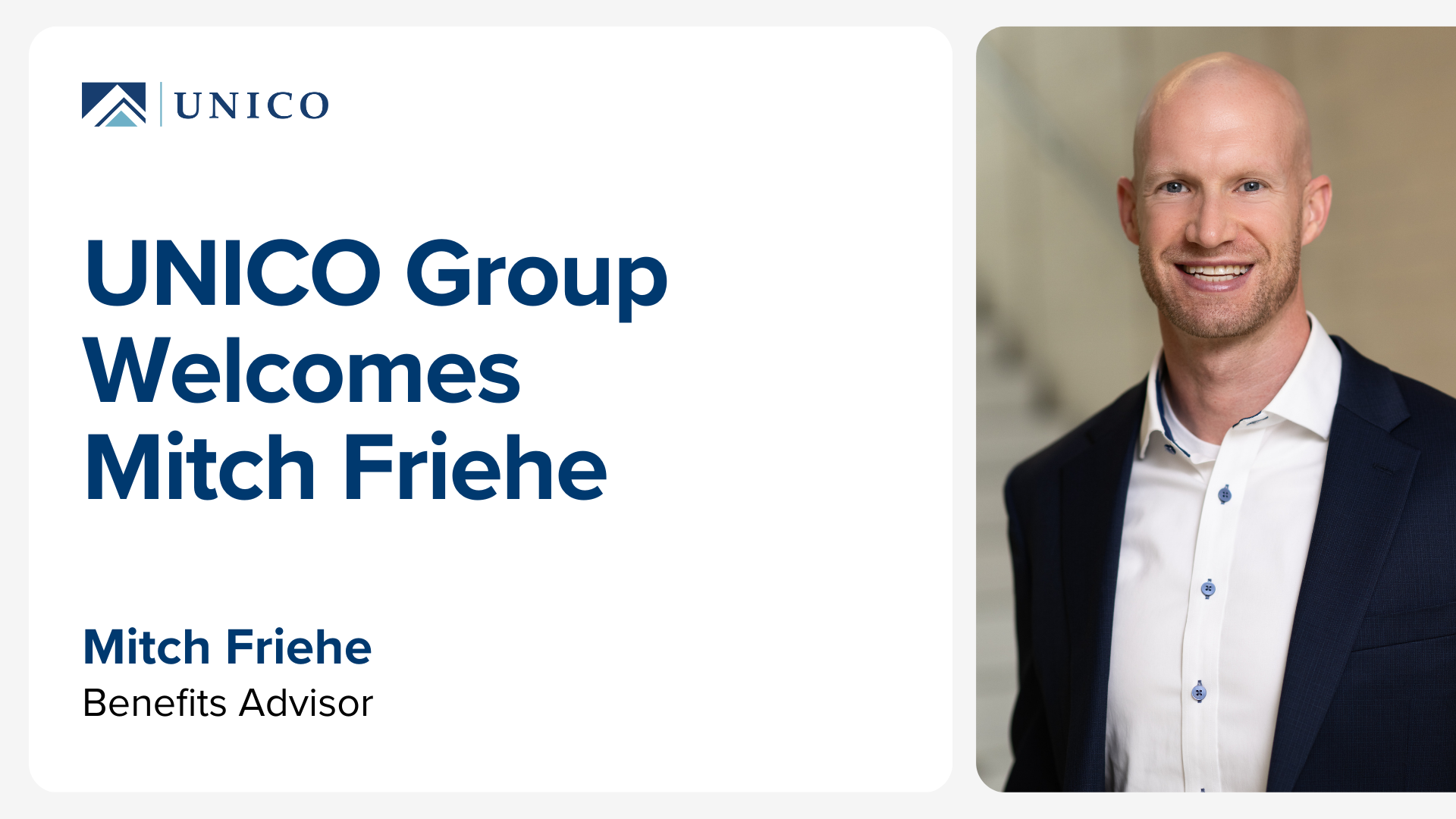Fidelity and Fiduciary Insurance- What Are These So Important For My Business?
These two coverages are crucial to the safe running of a small business such as a physician’s practice. Fiduciary insurance relates to the Employee Retirement Income Security Act of 1974 (ERISA), which imposed new responsibilities on managers of employee retirement benefits plans and/or welfare plans. ERISA not only broadened the way fiduciaries may be held personally responsible for breaches of responsibility, but it also made it easier for plan participants and their beneficiaries to sue and win in court. Basically, this means that you, as an employer providing a retirement program, could be sued successfully by an employee or group of employees or their beneficiaries.
Fidelity insurance, on the other hand, is crime coverage. Basically a fidelity policy can cover loss resulting directly from dishonest or fraudulent acts committed by your employee acting alone or in collusion with others. It also complies with the bonding requirement of ERISA, which requires that at least 10 percent of your plan’s assets be insured. The difference between crime coverage and fiduciary coverage is that a crime policy insures against dishonesty not suits arising out of ERISA. Basically, you need both.
Two other types of coverage are related to fiduciary liability insurance.
• Fidelity bonds are required by law (ERISA bonding). This is a form of insurance for dishonesty situations. When dishonest administrators or trustees have financially harmed an employee benefit plan, these bonds may be used, but only for the benefit of the plan and the plan’s beneficiaries. This bonding insurance will not protect the trustees themselves from liability claims and is completely distinct from fiduciary liability insurance.
• Employee Benefit Liability Insurance. Employee Liability Insurance policies cover many claims arising out of errors or omissions in the administration of a benefit plan, including the failure to enroll an employee in the plan as well as the administration of improper advice as to benefits.
Under ERISA, fiduciaries may be held personally liable for breach of their responsibilities in the administration or handling of employee benefit plans. Fiduciary Liability Insurance is not required by ERISA. However, it is strongly recommended if you are a fiduciary of a welfare and/or pension plan because your personal assets are at stake. Many fiduciaries believe incorrectly that their ERISA fidelity bond protects their personal assets.
Furthermore, many think that this type of coverage is included in their D&O policy. Most D&O policies exclude fiduciary liability exposures as well as those exposures pertaining to the Employee Retirement Income Security Act (ERISA).
ERISA also broadly defines the types of employee benefit plans for which fiduciaries are responsible. This extensive list can include pension plans, profit sharing plans, employee stock ownership plans (ESOPs), and even health and welfare plans.
Moreover, designated fiduciaries are not the only targets of such lawsuits; targets can also include the employer and even the plan itself. Claims can be brought by plan participants, participants’ legal estates, the Department of Labor, and the Pension Benefit Guaranty Corporation. Such claims may include allegations of:
• Improper advice or disclosure
• Inappropriate selection of advisors or service providers
• Imprudent investments
• Lack of investment diversity
• Breach of responsibilities or fiduciary duties imposed by ERISA
• Negligence in the administration of a plan
• Conflict of interest with regard to investments
A private company can help mitigate the personal liability of its fiduciaries by following the advice of outside experts and by selecting diverse, financially sound investments. But, it cannot entirely eliminate their personal liability .
In order to help protect private companies, their fiduciaries and the benefit plans they manage, against fiduciary liability claims, UNICO Group, Inc. offers Fiduciary Liability Insurance coverage. Please contact Carl Zeutzius at [email protected] if you have any questions.



